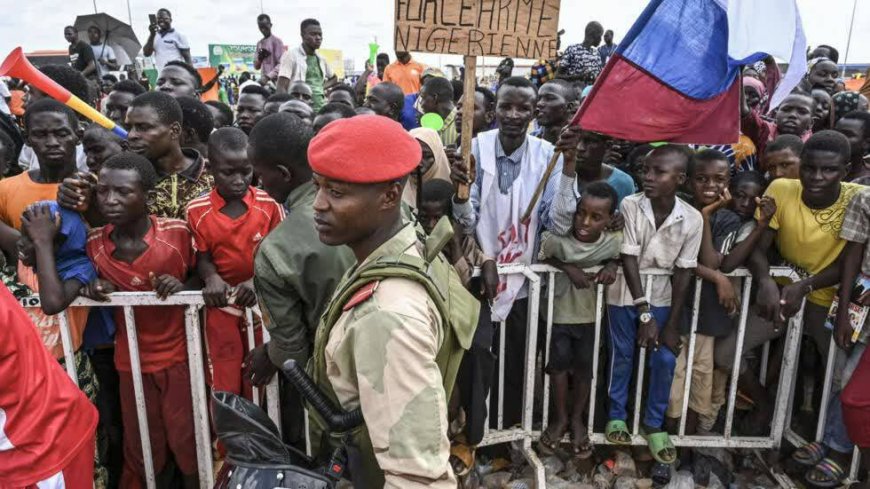The Coup That Shook Gabon: Unraveling the Emerging Power Dynamics in Africa
The Coup That Shook Gabon: Unraveling the Emerging Power Dynamics in Africa

Gabon, situated in West Africa adjacent to the Atlantic Ocean and bordering Cameroon, Equatorial Guinea, and Congo Brazzaville, covers an area of 267,667 square kilometers. From 1839 to 1960, Gabon was officially considered a French territory, enabling France to exploit the country's abundant resources through military presence. This period of colonization shaped Gabon's socio-political and economic landscape, leaving a lasting impact on the country's development.
Struggle for Independence:
Gabon gained independence in 1960, marking a significant turning point in its history. However, it continued to operate under the influence of France, which cast a shadow on its governance and decision-making processes. Following the death of Léon M'ba, the first president of Gabon, Albert Bernard Bongo assumed the presidency in 1967, marking the beginning of a new era in Gabonese politics. Bongo's rule lasted for several decades, and his family maintained a prominent role in Gabon's political landscape.
Recent Coup d'état:
In recent years, Ali Bongo, a member of Gabon's royal family, has governed the country. However, his anticipated third term as president was interrupted by a coup d'état led by military and security commanders, spearheaded by General Ngoma, who is a cousin of Ali Bongo. This unprecedented coup d'état reflects the complex dynamics within Gabon's political sphere and raises questions about the stability and governance of the nation.
Gabon’s Abundant Natural Resources:
Gabon possesses substantial oil and gas reserves, with oil accounting for 50% of its gross domestic product and 75% of its exports. The discovery of oil in 1954 by the French marked a significant milestone in Gabon's economic development. Currently, Gabon ranks fifth in terms of oil production in Africa, and it annually extracts and exports 45 million cubic meters of gas. Gabon is the world's leading producer of manganese, a valuable mineral used in various industries. Additionally, Gabon's uranium reserves, totaling 1,713 tons, play a crucial role in fueling France's nuclear furnaces. Gabon is also home to one of the largest mineral veins globally, with reserves reaching 230 million tons. This vast resource endowment presents both opportunities and challenges for Gabon's economic development and resource management.
Geopolitical Dynamics:
The presence and support of China and Russia in African countries, including Gabon, have contributed to the political landscape and resource dynamics. China's One Belt, One Road initiative and Russia's strategic interests in Africa have led to increased engagement and competition with Western powers.
Implications for African Nations:
The increasing involvement of China and Russia in African countries, particularly in the Central African region, has created a shifting geopolitical landscape. This has implications for the stability, governance, and resource management of African nations, including Gabon.
The recent coup d'état in Gabon sheds light on the fragile political climate within the nation and highlights the challenges associated with resource management and governance. Gabon's rich resource endowment, particularly its oil, gas, manganese, uranium, and mineral reserves, presents both opportunities and risks for the country's socio-economic development. Furthermore, the influence of China and Russia in African nations adds a complex layer to the geopolitical dynamics in the region. Understanding these dynamics is crucial for policymakers and researchers seeking to navigate the challenges and opportunities associated with resource-rich African countries. Future studies should delve deeper into the implications of geopolitical shifts and resource dynamics on African nations' development trajectories.












































